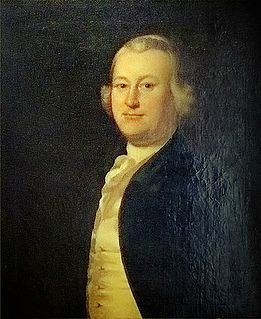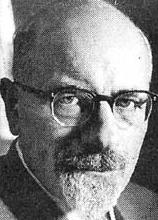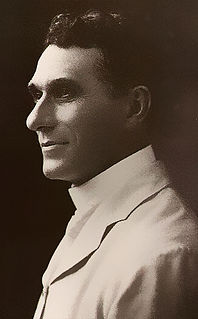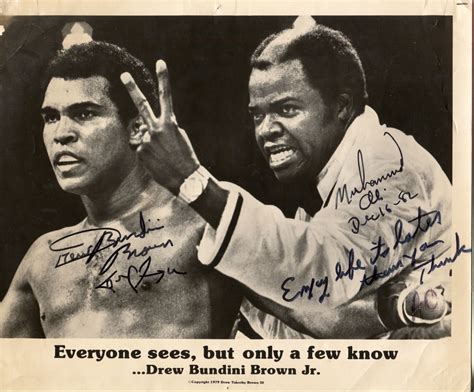A Quote by Thurgood Marshall
My father had a flat rule. He believed that every man's house was his castle. He had a flat rule: no man could come in his house without his permission.
Related Quotes
We say justly that the weak person is flat, for, like all flat substances, he does not stand in the direction of his strength, that is, on his edge, but affords a convenient surface to put upon. He slides all the way through life.... But the brave man is a perfect sphere, which cannot fall on its flat side and is equally strong every way.
To live his life in his own way, to call his house his castle, to enjoy the fruits of his own labour, to educate his children as his conscience directs, to save for their prosperity after his death -- these are wishes deeply ingrained in civilised man. Their realization is almost as necessary to our virtues as to our happiness. From their total frustration disastrous results both moral and psychological might follow.
A man's character is like his house. If he tears boards off his house and burns them to keep himself warm and comfortable, his house soon becomes a ruin. If he tells lies to be able to do the things he shouldn't do but wants to, his character will soon become a ruin. A man with a ruined character is a shame on the face of the earth.
A man once jumped from the top floor of a burning house in which many members of his family had already perished. He managed to save his life; but as he was falling he hit a person standing down below and broke that person's legs and arms. The jumping man had no choice; yet to the man with the broken limbs he was the cause of his misfortune. If both behaved rationally, they would not become enemies.
A man is known by the books he reads, by the company he keeps, by the praise he gives, by his dress, by his tastes, by his distastes, by the stories he tells, by his gait, by the notion of his eye, by the look of his house, of his chamber; for nothing on earth is solitary but every thing hath affinities infinite.
This was Barrington Erle, a politician of long standing, who was still looked upon by many as a young man, because he had always been known as a young man, and because he had never done anything to compromise his position in that respect. He had not married, or settled himself down in a house of his own, or become subject to the gout, or given up being careful about the fitting of his clothes.
Frank W. Woolworth once told me that the turning-point in his career did not come until he was thrown flat on his back by illness. He was sure that his business would go to pieces during his long, enforced absence. Instead, he discovered that he had in his employ men who could overcome difficulties when given power to exercise initiative. After that Woolworth left many problems and difficulties to be solved by subordinates and turned his attention to big things.
The thing that was forfeited in the garden was regained. God gave him [Adam] dominion over the works of His hand. God made him His understudy, His king to rule over everything that had life. Man was master, man lived in the realm of god. He lived on terms of equality with God. God was a faith God. All God had to do was to believe that the sun was, and the sun was. All God had to do was to believe that the planets would be, and they were. Man belonged to God's class of being - a faith man, And he lived in the creative realm of God
The Roman rule was, to teach a boy nothing that he could not learn standing. The old English rule was, "All summer in the field, and all winter in the study." And it seems as if a man should learn to plant, or to fish, or to hunt, that he might secure his subsistence at all events, and not be painful to his friends and fellow men.































